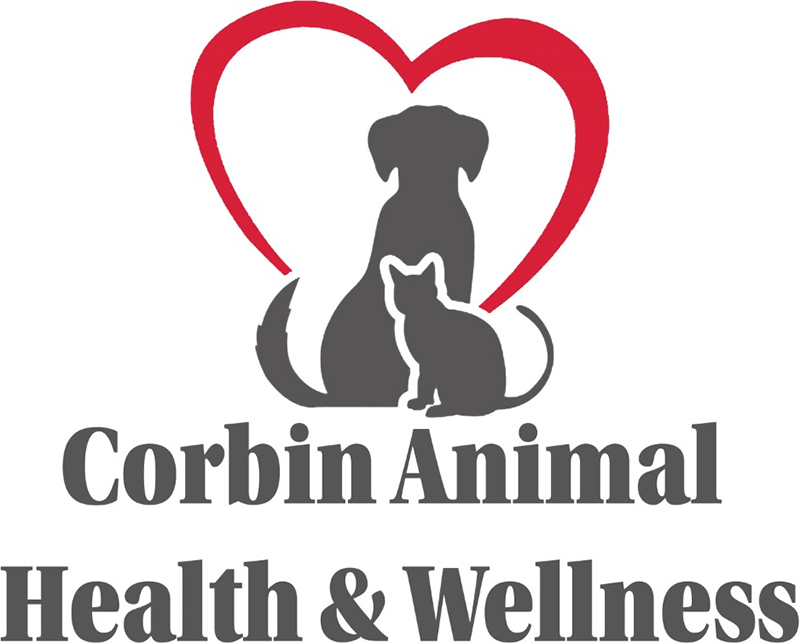Corbin Animal Health & Wellness
Pet Surgery
Pet Surgery
Safety is always our top priority, therefore before each procedure, we do a comprehensive examination and undertake pre-anesthesia testing. We will keep a careful eye on your pet during operation to guarantee their safety. Following that, you will be given full aftercare instructions, and we will gladly answer any questions or concerns you may have.

Spaying & Neutering
Thousands of unwanted dogs and cats, including puppies and kittens, are euthanized every year. The good news is that pet owners who are responsible can help. You can help prevent the birth of unwanted puppies and kittens by having your dog or cat sterilized. Spaying and neutering can help avoid unwanted litters, guard against major health issues, and alleviate many of the behavioral issues that come with the mating impulse.
Female dogs and cats who are spayed early in life are less likely to have significant health problems later in life, such as uterine infections and breast cancer. Your male pet’s risk of acquiring benign prostatic hyperplasia (enlarged prostate gland) and testicular cancer can both be reduced by neutering him.
The surgery has no influence on a pet’s intelligence, play, work, or hunting abilities. Following the surgical removal of their ovaries or testes, some pets behave better, making them more desirable companions.
Pre-surgical instructions will be provided. Generally, don’t feed your pet anything after midnight the night before surgery. A puppy or kitten, on the other hand, requires appropriate nutrition, and your veterinarian may advise against withholding meals.
Your veterinarian may also offer you with post-operative instructions. Although your pet may be in agony following surgery, your veterinarian can take several pain-relieving methods. Depending on the surgery, your pet may be given pain medication to take home.
